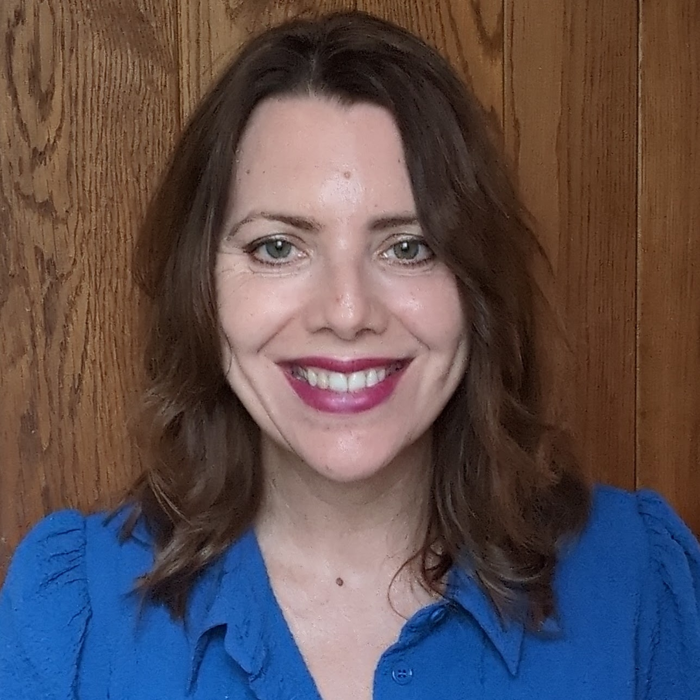Singing for Health Network Series Workshop 5: Singing for Parkinson's
Thursday 10th December 2020, 5:00 PM - 7:00 PM (London Time)
All sessions are recorded and will be sent out to all registered participants.
Voice Workshops
Health and wellbeing: Singing for Parkinson’s
Aims
- The student will gain a holistic understanding of the symptoms of Parkinson’s.
- The student will understand the neural, cognitive, and motor learning challenges present within sessions.
- Teachers and facilitators will experience how to use their existing knowledge of vocal pedagogy and body mapping to create an enhanced singing programme specifically targeting the needs of their clients.
Objectives
- Can recognise and react appropriately to Parkinson’s symptoms within a singing session.
- Can deigns targeted exercises to enhance the therapeutic benefits of sing for Parkinson’s classes.
- Can begin to develop a toolkit of strategies that can support motor learning.
- Can develop safe working practices for themselves and their clients.
Session
What is Parkinson’s?
- An overview of symptoms and the possible profile of our clients
- Established therapies
- The benefits for people with Parkinson’s of being part of a sing for Parkinson’s programme
What the research suggests
- The neurological and cognitive implications of Parkinson’s for the singers.
- Skill acquisition and motor learning in a choral Parkinson’s class.
Putting theory into practice.
- Integrating research and a knowledge of singing pedagogy to enhance the therapeutic outcomes for a Parkinson’s vocal session
Break out groups 1
Develop aims and objectives for:
- One targeted physical warm-up
- One vocal exercise
- Suggest a song that demonstrates how you will develop these exercises.
- Reflection in action: consider how you may need to adapt to the clients learning needs.
Setting up a Sing for Parkinson’s Group.
Break out group 2
Things to consider
- A question of diversity.
- What are the barriers to attendance?
- Thinking about a community approach.
- What are my biases and assumptions as I teach the class?
Health and safety round-up
References and Bibliography
Elizabeth Drwal Stuttard
Elizabeth is a Vocal Coach and Choral Facilitator, Community Dance Facilitator and Researcher...
Sorry, this is an archived short course...
We have plenty of upcoming short courses coming soon. See details of some of them below or look at the full list of short courses.

Tuesday 13th January 2026
5:00 PM - 6:30 PM
Tuesday 20th January 2026
5:00 PM - 6:30 PM
Tuesday 27th January 2026
5:00 PM - 6:30 PM
Tuesday 3rd February 2026
5:00 PM - 6:30 PM
Tuesday 10th February 2026
5:00 PM - 6:30 PM
(London Time)
Introduction to Postgraduate Academic Skills - Join Live!

Debbie Winter
Are you ready to elevate your academic journey? Hosted by our very own Debbie Winter, join our comprehensive Introduction to Academic Skills course, designed to equip you with essential tools and strategies for success in higher education. Perfect for bridging the gap between undergraduate and postgraduate study, this course offers a pathway to our full MA for students without an existing degree. We offer both live, interactive sessions and standalone, pre-recorded content.

Thursday 15th January 2026
5:00 PM - 7:00 PM
Thursday 22nd January 2026
5:00 PM - 7:00 PM
Thursday 29th January 2026
5:00 PM - 7:00 PM
Thursday 5th February 2026
5:00 PM - 7:00 PM
Thursday 12th February 2026
5:00 PM - 7:00 PM
(London Time)
Trauma-Sensitive Voice Professional Certificate with Dr Elisa Monti

Dr Elisa Monti
Updated for 2026, this five-part certificate course is designed to help participants learn the theory and practice of trauma-sensitive approaches. The concepts and activities included are tailored to meet the needs of voice specialists who want to acquire more specific tools to navigate the space with their students and colleagues.

Monday 9th February 2026
5:00 PM - 7:00 PM
(London Time)
Certificate in Applied Voice Pedagogy with Adam Roberts

Adam Roberts
Spring Immersive - live and interactive learning! This 12-week online programme is designed for voice professionals committed to deepening applied voice pedagogy skills and advancing professional practice. The course offers a rich environment to reflect on your teaching philosophy and develop applied pedagogical techniques. It is ideal for voice teachers, coaches, therapists, and performers seeking to bridge foundational knowledge with practical, student-centered applications.
